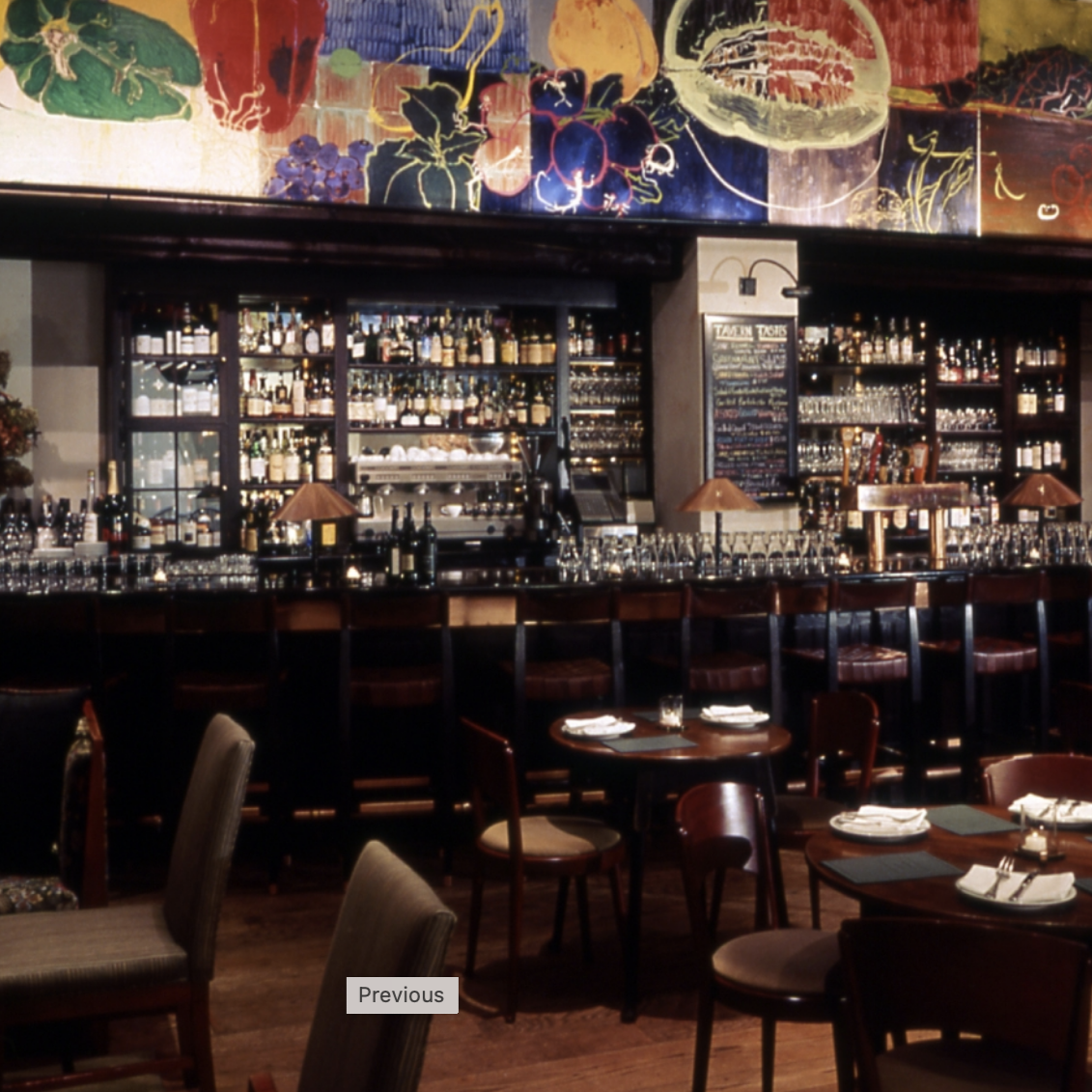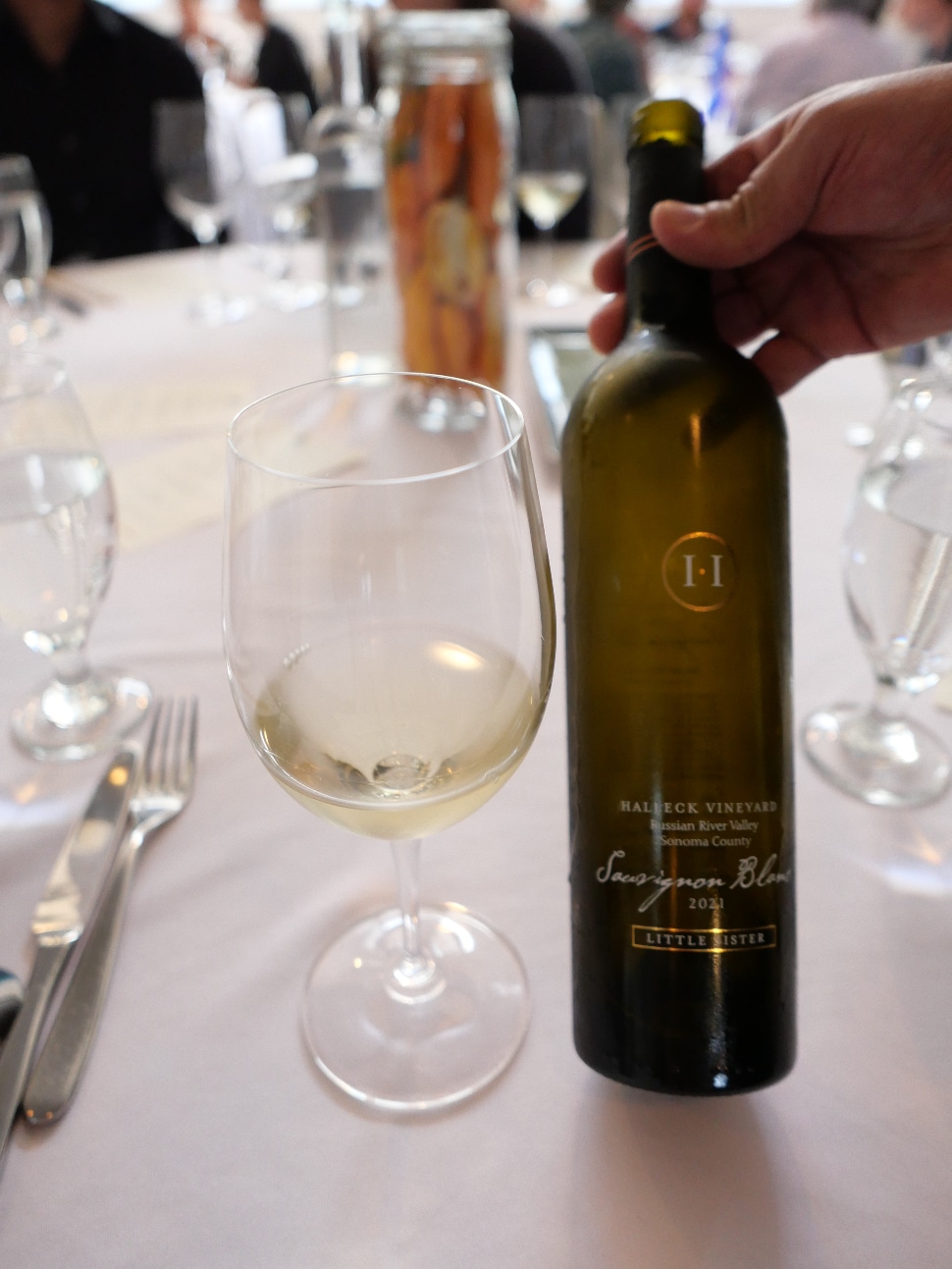Wineries With Breathtaking Gardens In Sonoma - Winery In The Sonoma Wine Region
Visiting a winery for a wine tasting can be a fascinating experience, especially when you understand how to maximise the chance with tasting notes. These notes serve as a guide to understanding the complexities of the wines you sample and help in forming a deeper connection with each pour. Utilizing tasting notes can remodel your experience, allowing you to savor not just the style but also the story behind each bottle.
Every wine has a singular profile influenced by grape variety, terroir, and winemaking techniques. Understanding these components can improve your appreciation of the wine. When you might be given a tasting menu or a flight of wines to pattern, take the time to learn through any descriptions offered (Wineries Offering Charcuterie And Wine Pairings). This preliminary overview can set the tone and expectations on your tasting experience.
Begin your wine tasting by observing the wine in your glass. The shade can reveal a lot about the wine’s age and varietal. Take notes on the hue, readability, and viscosity. A well-structured tasting note typically consists of this visible evaluation because it varieties the inspiration of your analysis. Whereas it could seem trivial, the visible aspect is crucial in wine tasting.
Wineries Near Santa Rosa - Wine Tasting Experiences In Sebastopol
After your visual assessment, it is time to take a delicate whiff. Swirl the wine in your glass to aerate it, releasing its aroma. This is the place tasting notes turn out to be significantly useful. Make notes in regards to the totally different scents you detect—fruits, spices, or floral hints. Figuring Out these aromas will assist you to put words to the intrinsic complexities of the wine you would possibly be sampling.

The subsequent essential step is the tasting itself. Take a small sip and let the wine roll over your palate. Note the flavors you experience. Are they candy or tart? Where does your palate detect every flavor? Some wines may present quick sweetness followed by a tannic finish. Use your tasting notes to document these layers, creating a roadmap of your sensory experience.
Think About also the mouthfeel of the wine as you style. Is it clean, crisp, creamy, or maybe tannic? This textural quality significantly influences the overall enjoyment and impression of the wine. Observing the mouthfeel can reveal the standard and craftsmanship behind the winemaking course of.
It's beneficial to check completely different wines as you style them. If you're sampling a flight with contrasting varietals, make a note of the variations you perceive. How does the acidity vary from one wine to another? Which wine feels fuller, and which is extra refreshing? This comparative train deepens your understanding and helps sharpen your analytical skills.
Elegant Wine Tasting Locations In Sonoma - Sebastopol Wine Country Vineyards Adventure

Interact with the winery workers while tasting. Educated hosts usually share insights about the winery's history, the particular vintage, or the winemaking philosophy, enriching your appreciation of the wine. Don't hesitate to ask questions that pique your interest primarily based on your tasting notes. Many hosts take pleasure in discussing their wines and might provide a wealth of information that isn’t readily available from printed supplies. Wineries That Offer Barrel Tastings.
Keep in thoughts the seasonality of wines as you style. Different wines evoke various moods and pair nicely with distinct culinary experiences. Take notes on how you may get pleasure from a particular wine with food. This not solely provides context to your tasting notes but also aids future choices and purchases.
Another helpful tip while utilizing tasting notes at a winery is to document your impressions immediately. As wines can mix and create a uniform flavor memory, jotting down your ideas promptly ensures a more correct reflection of your experience. Use adjectives that resonate with you, crafting a personal vocabulary to explain each wine based mostly on your preferences.
After finishing the tasting, review the notes you’ve taken. Mirror on which wines stood out to you and why. This go to this site reflection reinforces your tasting experience and highlights what you might search in future purchases. If you've famous particular aromas or flavors that captivated you, this info empowers you to choose out wines that align together with your palate.
Wineries That Host Harvest Festivals - Wine Tasting In Sonoma County
Wine tasting also can serve as a possibility for socializing. Sharing your tasting notes with companions can ignite participating discussions on flavors, preferences, and impressions. This communal facet of wine tasting often enhances the experience, cementing lasting memories that you could recall with a cup of wine in hand.
In conclusion, utilizing tasting notes at a winery wine tasting can significantly improve your experience. By observing the visible aspects, aromas, flavors, mouthfeel, and even the tales behind the wines, you create a wealthy tapestry of notes that can guide your future wine experiences. Engaging with the workers, comparing wines, and reflecting in your impressions will deepen your appreciation for the art of winemaking. Each tasting is an opportunity to find and connect with wines in exciting new ways. With practice, your tasting notes will evolve, becoming a cherished component of your wine journey.
Wineries With Unique Gamay Wines - Sonoma Wine Tasting Adventures
- Begin by familiarizing yourself with the winery's tasting notes; they usually describe the wine’s aroma, flavor profile, and finish, offering a helpful framework.
- Use your senses of sight and scent earlier than tasting; swirl the wine in your glass, observe its shade, and inhale its bouquet to seize the wine's preliminary characteristics.
- When tasting, take a small sip and let the wine coat your palate; focus on the first flavors and any secondary notes which will emerge, similar to fruit, spice, or earthiness.
- Pay attention to the texture and mouthfeel of the wine; is it smooth, tannic, creamy, or crisp? This side can considerably improve your understanding of the wine.
- Compare the tasting notes along with your sensory experience, noting any similarities or discrepancies, which may deepen your appreciation of each wine’s complexity.
- Contemplate the wine’s growing older potential by analyzing its structure and steadiness; some wines could additionally be enjoyable now, whereas others could evolve fantastically over time.
- Take notes in the course of the tasting; recording your impressions might help you keep in mind every wine better and refine your palate for future tastings.
- Interact with the tasting workers; ask questions concerning the wine manufacturing process, grape varieties, and the particular notes you're detecting to reinforce your data and experience.
- Explore pairing recommendations alongside your tasting; understanding which foods complement the wine can enrich each the tasting experience and your appreciation for the wine's nuances.
- Respect various preferences amongst your group; wine tasting is subjective, and encouraging open dialogue about particular person tastes can result in a extra enjoyable and informative experience.undefinedWhat are tasting notes, and why are they essential at a wine tasting?undefinedTasting notes are descriptions of the flavors, aromas, and overall impressions of a wine. They are important as a outcome of they guide your palate and improve your understanding of the wine's characteristics, helping you recognize different varieties and styles.
How should I take notes throughout a wine tasting?undefinedYou ought to focus on key components such as aroma, flavor, body, acidity, and finish. Use a structured format or template to categorize your ideas and write down your impressions immediately after tasting. This helps you remember your ideas later.
Can I use my own words to describe a wine, or should I stick to plain tasting terms?undefinedYou can absolutely use your own words to describe a wine. While standard tasting terms may help convey specific qualities, personal descriptors add authenticity to your notes and may make your wine experience extra pleasant and relatable.
Ought To I concentrate on particular flavors in the wine or the general experience?undefinedBoth aspects are essential. While specific flavors allow you to establish the unique traits of a wine, the see this general experience encompasses how all elements combine—creating a extra holistic understanding of the wine.
Wineries With Locally Sourced Food Options - Sebastopol Wine Experiences
What if I can't establish certain aromas or flavors throughout a tasting?undefinedIt’s frequent to have issue figuring out particular tastes or scents. Don’t hesitate to ask for help or guidance from the employees on the winery. They can present insights and assist refine your palate over time through practice.
How can I use tasting notes to choose on wines within the future?undefinedBy reviewing your tasting notes, you probably can determine your preferences and developments in your wine selections. This lets you select wines that align together with your palate in future tastings and purchases, making your experience extra pleasant.
Is it acceptable to check wines throughout a tasting?undefinedYes, comparing wines could be useful. It helps highlight the differences in flavor profiles and attributes, allowing you to develop a deeper appreciation and understanding of each wine's unique qualities.
What ought to I do if I disagree with the tasting notes supplied by the winery staff?undefinedDisagreement is a natural part of wine tasting! Use it as a chance to discuss your impressions with the staff; they can provide additional context or information about the wine, which can enrich your experience.
Best Chardonnays From Sonoma Winemakers - Exploring The Vineyards Of Sonoma
How ought to I organize my tasting notes after the event?undefinedAfter the tasting, manage your notes by wine type, producer, or personal desire. Think About making a digital or physical journal which may be referenced for future tastings and wine choices, making it simpler to recall your experiences.